President Obama had some typical applause lines the other night during his State of the Union address, but evidence abounds that there is less and less applause these days outside the Beltway for his performance and policies. Some of that is normal as a presidency moves toward lame duck status, but in Obama’s case it seems to be more pronounced.
Charles Mackay, a nineteenth century Scottish journalist, wrote a fascinating treatise titled, “Extraordinary Popular Delusions and the Madness of Crowds.” First published in 1841, the book chronicled “the most remarkable instances of those moral epidemics which have been excited, sometimes by one cause and sometimes by another, and to show how easily the masses have been led astray, and how imitative and gregarious men are, even in their infatuations and crimes.”
Mr. Mackay described an assortment of nefarious financial schemes dating back to the early 1700s. He noted that they were then nicknamed “bubbles.” To him, this term was “the most appropriate that imagination could devise,” adding that, “the most absurd and preposterous of all, and which showed more completely than any other, the utter madness of the people, was one started by an unknown adventurer, entitled, ‘A company for carrying on an undertaking of great advantage, but nobody to know what it is.’”
When bubbles burst, people who have been hypnotized by their presence tend to be disappointed, like children who see something compelling one moment, only to witness its sudden dissipation. And sometimes there is even disillusionment.
It might be constructive, maybe even essential, to think of the whole Barack Obama phenomenon over the past few years as one of those gigantic bubbles. It captured pan-cultural attention and transcended the humdrum of mere mortal politics. Expectations were inflated. Rational analysis was muted. Look, up in the sky—it’s a bird, it’s a plane, no it’s Super President above the political fray soaring in his designer soap bubble.
Recommended
The value of Barack Obama’s stock was once sky high. His most devoted followers assumed this upward trend would continue toward utopia. Happy days were just around the corner. You could just feel the love and unity—not to mention the hope and change.
There was a problem, though. No one, not even Barack Obama, could possibly sustain that level of near universal affection and acclaim indefinitely. Human glory tends to be fleeting, especially the political variety. Obama’s bubble is bursting.
And there are many unhappy American campers.
There is a saying: “Motivation without implementation produces frustration.” In the political arena this means that when someone inspires people without eventually following through, the result is disenchantment. Barack Obama’s style over substance campaign was very much a bipolar candidacy. We have seen the manic part—now we are bearing witness to the depressive side.
Rarely has a political figure generated the kind of near-universal acclaim that the junior senator from Illinois seemed to receive when he ran in 2008. His trip to Europe drew enthusiastic crowds at every public event. People sought to touch the hem of his garment. Obama’s speech in Berlin was given before a crowd of more than 200,000. Take that Camelot.
One German publication actually referred then to Barack Obama as “President of the World.” That was before he was elected as merely the President of the United States. That’s heady stuff. For an American politician to get that kind of response in Europe was remarkable.
But it was not unprecedented.
Ninety-five years ago another American received the royal treatment on the continent. His name was Woodrow Wilson and he became an international hero, at least for a brief and shining moment. Within days of the signing of the Armistice ending The Great War, the man who led our country into a war to make the world safe for democracy crossed the Atlantic to become president of his world.
As Mr. Wilson’s train arrived at the Hoboken Pier in New Jersey on the morning of December 4, 1918, a great crowd gathered to wish him a safe and prosperous voyage. A band played the national anthem as the George Washington set sail on the ten-day trans-Atlantic voyage. More than 10,000 people viewed the scene from a distance in lower Manhattan. They wanted to witness history. You see, not only was the chief executive going abroad to save the planet, he was, in fact, the first president up to that time to travel outside the country while in office. Zeppelins hovered overhead. Planes looped and swooped. It was the media event of the decade.
When the ship reached the Port of Brest in France, it was met with even greater enthusiasm. Margaret MacMillan, great-granddaughter of Wilson’s contemporary and collaborator at the Paris peace conference, David Lloyd-George, described the scene in her excellent book, “Paris 1919: Six Months that Changed the World”: “The streets were lined with laurel wreaths and flags. On the walls, posters paid tribute to Wilson, those from right-wingers for saving them from Germany and those from the left for the new world he promised. Huge numbers of people, many resplendent in their traditional Breton costumes, covered every inch of pavement, every roof, every tree. Even the lampposts were taken. The air filled with the skirl of Breton bagpipes and repeated shouts of ‘Vive l’Amérique! Vive Wilson!’”
Woodrow Wilson was the most popular man in the world.
But just a year later it had all changed. Someone in Barack Obama’s camp should long ago have found a copy of a 1964 book by Gene Smith. The title says it all: “When the Cheering Stopped.” President Wilson came to understand that the deafening sound of grand and glorious bombs bursting in air can, all too quickly, give way to the nearly inaudible sound of a bursting bubble.
By 1920, the man who had so recently been hailed as the greatest international statesman ever, watched in physical and emotional brokenness as his nation rejected what he hoped would be his lasting legacy. They voted Republican and would twice more in the decade. Mr. Wilson died in 1924 after another in a long line of strokes. But doubtless somewhere in the mix were complications due to a bubble that burst.
People are fickle and the bigger the bubble, the bigger the mess when it inevitably bursts. Stay tuned.

















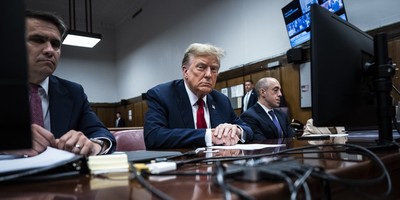

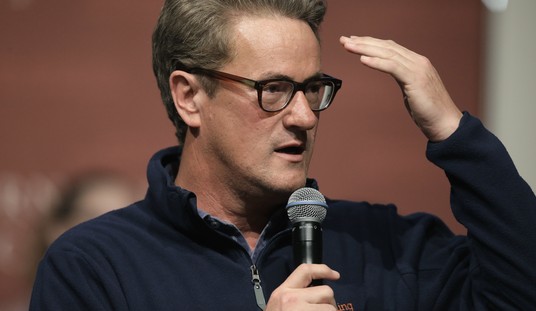

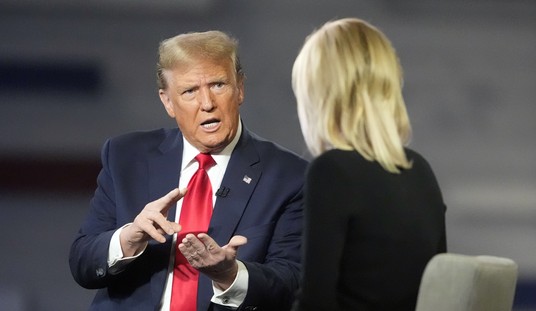

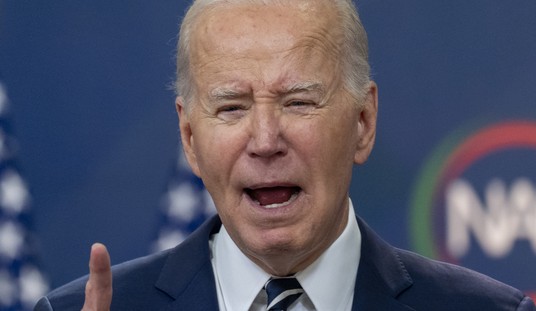
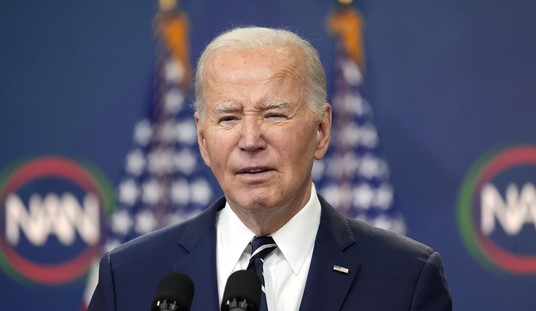
Join the conversation as a VIP Member